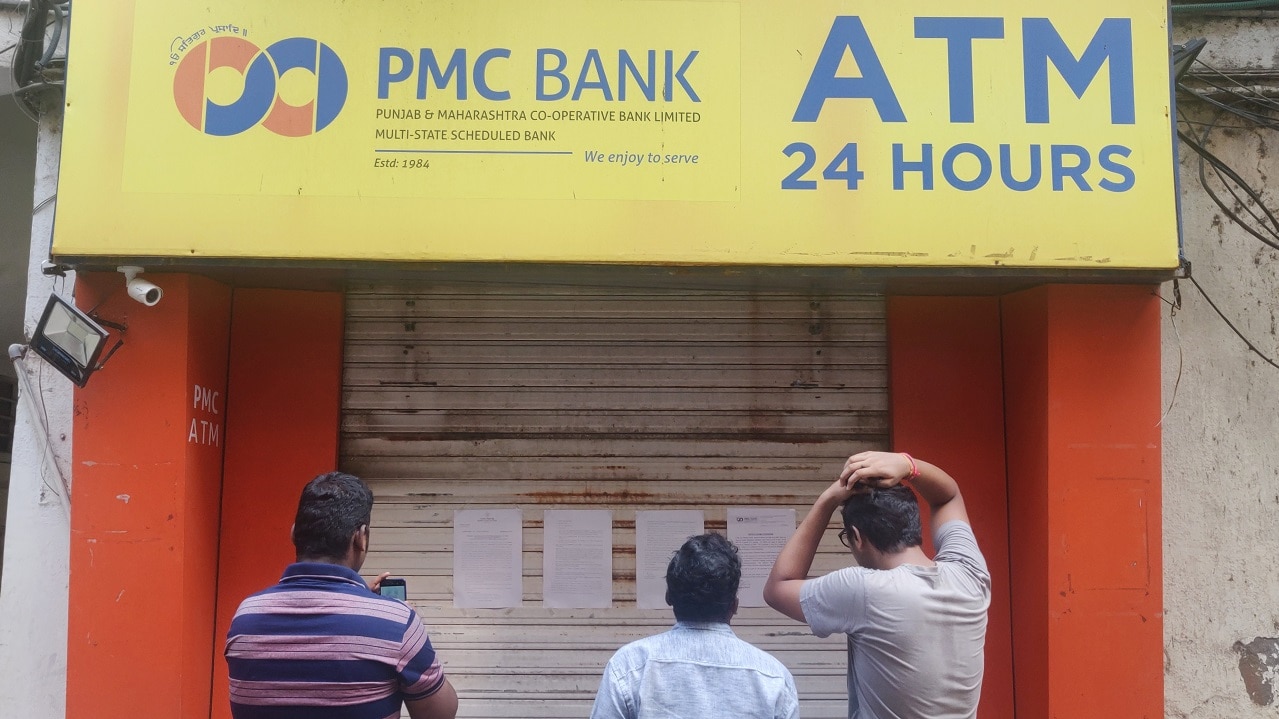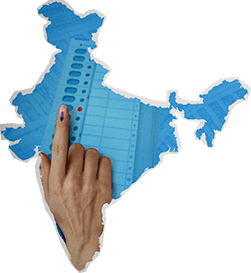UNICEF Report Says Malnutrition Behind 69% Deaths Among Children Below 5 Years in India
Indian children are being diagnosed with adult diseases such as hypertension, chronic kidney disease and pre-diabetic. The data states that children under the age of five years are affected by micro-nutrient deficiencies.

Representative image.
New Delhi: Malnutrition caused 69 per cent of deaths of children below the age of five in India, according to a UNICEF report released on Wednesday.
In its report — The State of the World's Children 2019, UNICEF said that every second child in that age group is affected by some form of malnutrition.
This includes stunting (35 per cent), wasting (17 pc) and overweight (2 pc). Only 42 pc of children (in the age group of 6 to 23 months) are fed at adequate frequency and 21 pc get adequately diverse diet.
Timely complementary feeding is initiated for only 53 per cent of infants aged 6-8 months. About Indian women's health, it said every second woman is anaemic. It also said that anaemia is the most prevalent in children under the age five years. Its prevalence among adolescent girls is twice that of adolescent boys.
Indian children are being diagnosed with adult diseases such as hypertension, chronic kidney disease and pre-diabetic. The data states that children under the age of five years are affected by micro-nutrient deficiencies. While every fifth child under the age five is vitamin A deficient, one in every third baby has vitamin B12 deficiency and two out of every five children are anemic.
The report said POSHAN Abhiyaan or the National Nutrition Mission is playing a major role in improving nutrition indicators across India. The Anaemia Mukt Bharat programme to fight anaemic prevalence has been recognized as one of the best programmes implemented by governments across the world to address malnutrition.
The 6X6X6 strategy (six target beneficiary groups, six interventions and six institutional mechanisms) of the programme has been highlighted for using anaemia testing and treatment as the entry point to provide information on healthy diets.
Overweight and obesity increasingly begin in childhood with a growing threat of non-communicable diseases like diabetes (10 per cent) in school-aged children and adolescents.
Urban India is moving into an unhealthy food snacking environment, which is influencing children's food choices and this is spreading to rural areas. Food consumption patterns in India reveal that child diets are largely starved of proteins and micronutrients and are influenced by household (adult) food choices.
Over the decades, despite growing incomes, protein-based calories remain low and unchanged, and the calorific share of fruits and vegetables has declined. The report said globally 77 per cent of processed food sales are controlled by just 100 large firms.
In cities, many poor children live in "food deserts" or in "food swamps". Regarding the situation globally, the UNICEF's report said at least one in three children under five years of age - or 200 million - is either undernourished or overweight.
The report states that almost two in three children between six months and two years of age are not fed food that supports their rapidly growing bodies and brains. This puts them at risk of poor brain development, weak learning, low immunity, increased infections and, in many cases, death, it said.
The UNICEF had earlier released such a report 20 years ago.
Get the best of News18 delivered to your inbox - subscribe to News18 Daybreak. Follow News18.com on Twitter, Instagram, Facebook, Telegram, TikTok and on YouTube, and stay in the know with what's happening in the world around you – in real time.
Also Watch
 What Does RBI Putting PMC Bank Under ‘Directions’ Mean? | Crux+
What Does RBI Putting PMC Bank Under ‘Directions’ Mean? | Crux+
 Monday 30 September , 2019
Are E-Ciggarettes Toxic Enough To Invite A Blanket Ban? | Crux+
Monday 30 September , 2019
Are E-Ciggarettes Toxic Enough To Invite A Blanket Ban? | Crux+
 Monday 30 September , 2019
Why is U.S President Donald Trump Facing Impeachment? | Crux+
Monday 30 September , 2019
Why is U.S President Donald Trump Facing Impeachment? | Crux+
 Monday 30 September , 2019
Will The Rise In Onion Prices Affect The Outcome Of Upcoming State Polls? | Crux+
Monday 30 September , 2019
Will The Rise In Onion Prices Affect The Outcome Of Upcoming State Polls? | Crux+
 Monday 30 September , 2019
Howdy, Modi : What did Modi and Trump Gain from the Houston Event? | Crux+
Monday 30 September , 2019
Howdy, Modi : What did Modi and Trump Gain from the Houston Event? | Crux+





 Live TV
Live TV
Recommended For You
 Gautam Kumar Jha Becomes Third Crorepati on KBC, Quits at Rs 7 Crore Question
Gautam Kumar Jha Becomes Third Crorepati on KBC, Quits at Rs 7 Crore Question Alexa, Pay my Mobile Bill: India Gets Amazon Pay And Alexa Payments Feature First
Alexa, Pay my Mobile Bill: India Gets Amazon Pay And Alexa Payments Feature First Xiaomi Redmi Note Smartphone Series Crosses 100 Million Shipment Milestone
Xiaomi Redmi Note Smartphone Series Crosses 100 Million Shipment Milestone Google Assistant Bug is Causing Battery Drain in Android Phones
Google Assistant Bug is Causing Battery Drain in Android Phones FASTag Will Soon be Mandatory For Your Car: This is How The Digital Payment Tag Works
FASTag Will Soon be Mandatory For Your Car: This is How The Digital Payment Tag Works







 2-min read
2-min read



